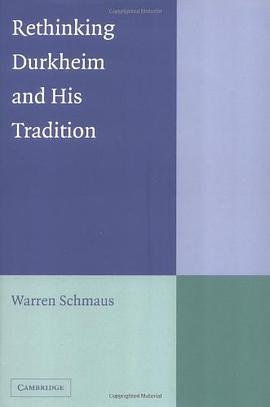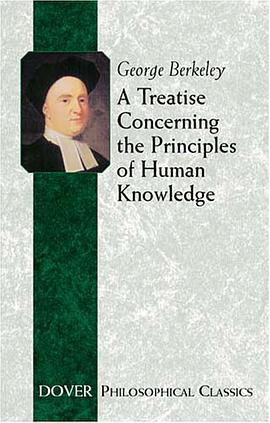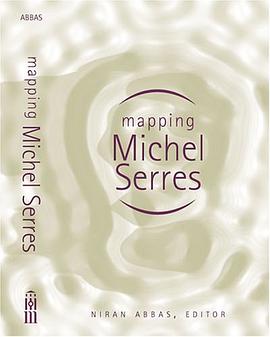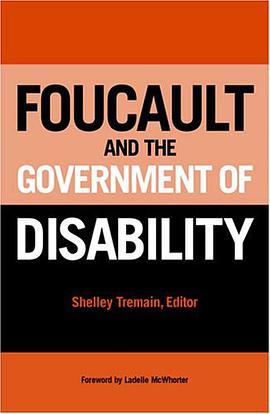

具體描述
The Practice of Liberal Pluralism defends a theory, liberal pluralism, which is based on three core concepts - value pluralism, political pluralism, and expressive liberty - and explores the implications of this theory for politics. Liberal pluralism helps clarify some of the complexities of real-world political action and points toward a distinctive conception of public philosophy and public policy. It leads to a vision of a good society in which political institutions are active in a delimited sphere and in which, within broad limits, families, civil associations, and faith communities may organize and conduct themselves in ways that are not congruent with principles that govern the public sphere. The final section of the book defends liberal pluralism against attacks that it is internally incoherent or that it denies, without justification, key theological premises. Written in a nontechnical style, this book should appeal to professionals in philosophy, political science, law, and policy making.
著者簡介
圖書目錄
讀後感
評分
評分
評分
評分
用戶評價
相關圖書
本站所有內容均為互聯網搜索引擎提供的公開搜索信息,本站不存儲任何數據與內容,任何內容與數據均與本站無關,如有需要請聯繫相關搜索引擎包括但不限於百度,google,bing,sogou 等
© 2025 book.quotespace.org All Rights Reserved. 小美書屋 版权所有




















